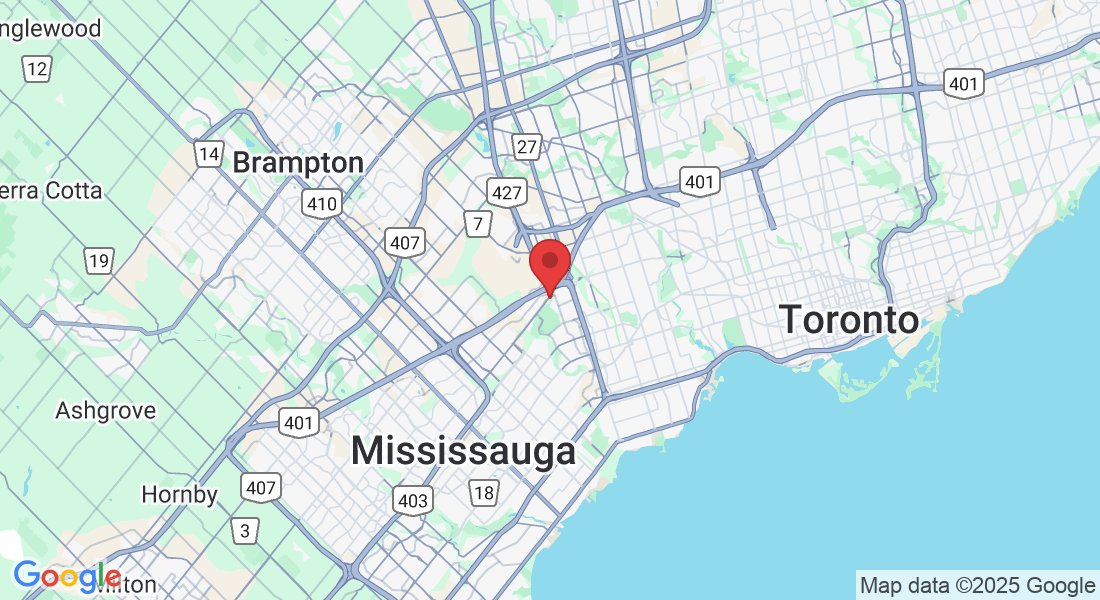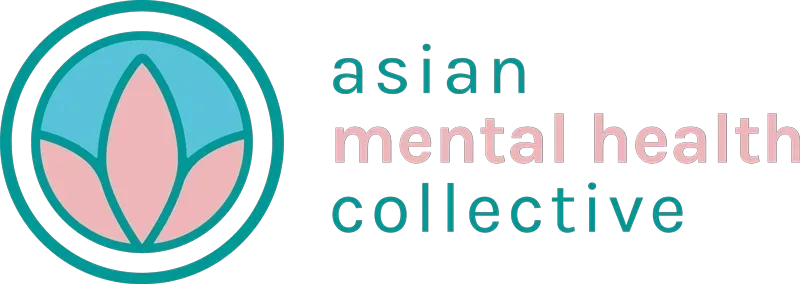[email protected] 📍 #204 - 5399 Eglinton Avenue West, Etobicoke, ON
In Person & Virtual Therapy Available For All Ontario Residents
[email protected] 📍 #204 - 5399 Eglinton Avenue West, Etobicoke, ON Virtual Therapy Available For All Ontario Residents
Welcome to Clear Moon Therapy
Your Partner in Mental Health and Wellness.

MEET THE FOUNDEr, DARSHANA PATEl.
The Therapist Who Gets It.
I know what it feels like to have to explain aspects of your culture to people who simply don’t get it. It’s frustrating, and you shouldn’t have to feel that way.
I get it when you say "therapy wasn’t something that was talked about at home, or even accepted."
My clients don’t have to take the time to explain to me why these messages existed in their lives,
I get it, I had them too.
As a South Asian woman, I understand the challenges of balancing multiple identities while navigating a world that may not fully understand you. But you can embrace your true self, feel authentic in every space, and find the peace and confidence you deserve.
Let’s work together to create the life you’ve been searching for.
Hear From Others Who Have Worked With Me
My Specialities

Find clarity and healing through one-on-one sessions. Therapy helps you managing your anxiety and stress, overcome depression and strengthen your self-esteem.
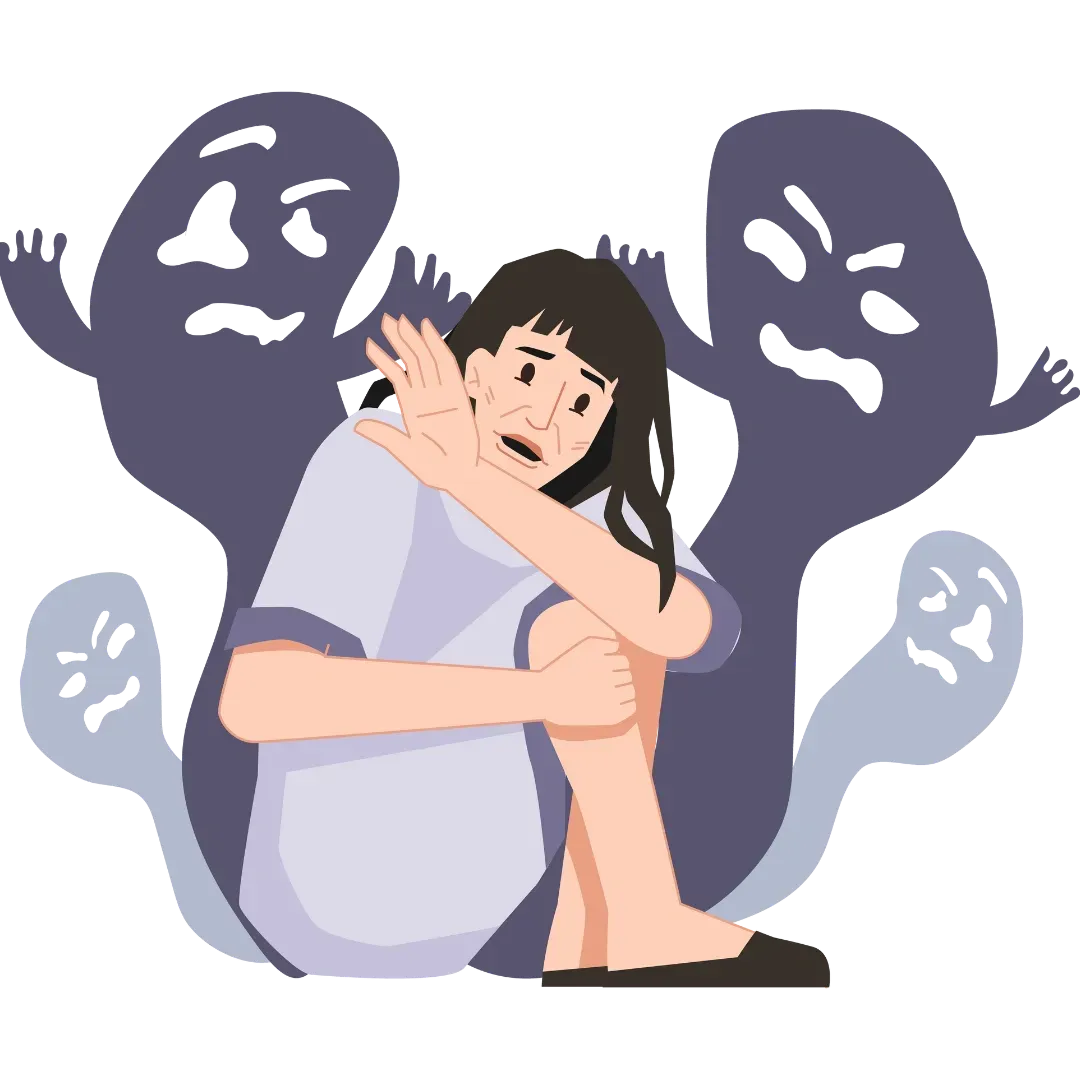
Feeling stuck in sadness, low energy, or losing interest in things you once enjoyed can feel overwhelming. Therapy offers tools to help you manage these feelings and find relief.
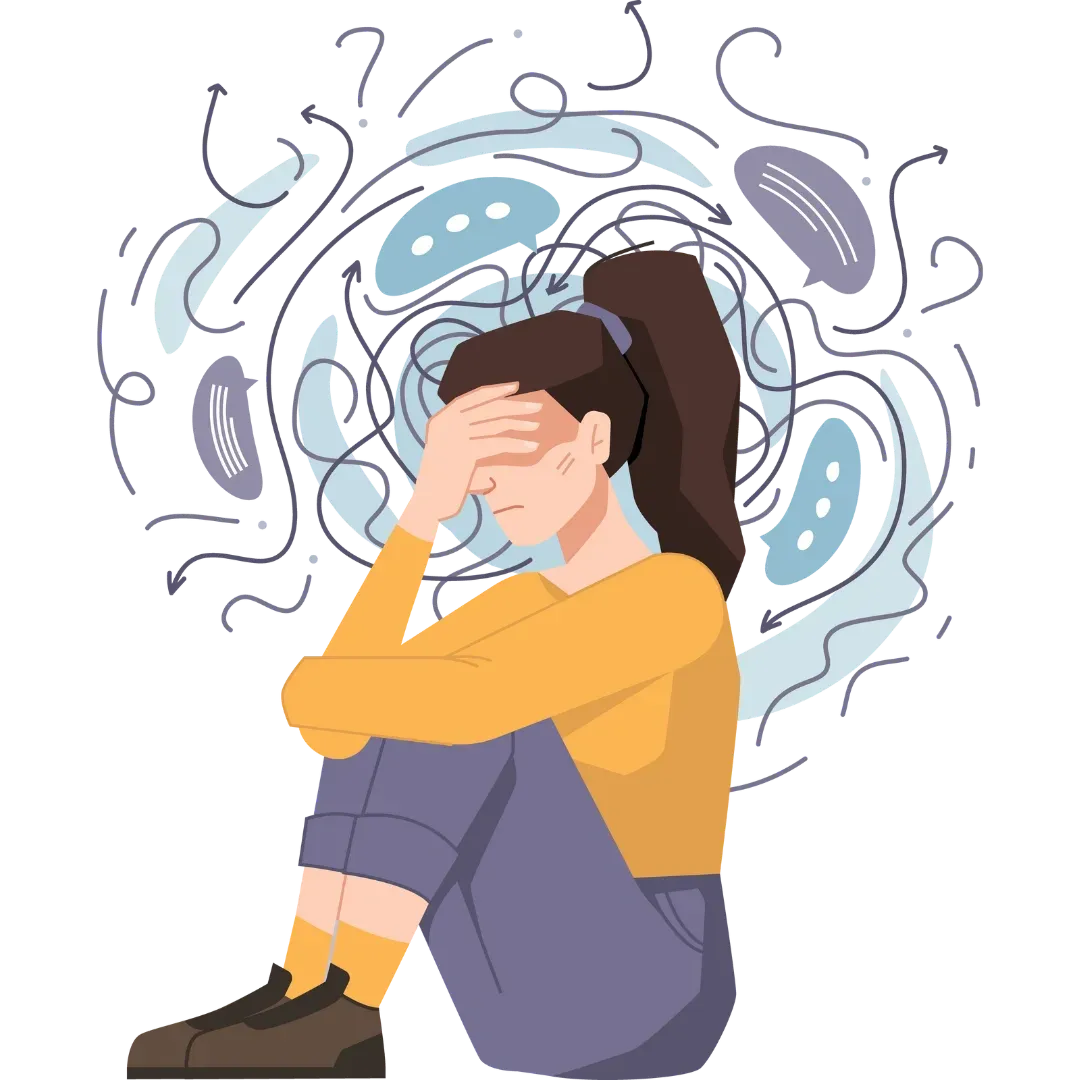
Constant worry, fear, or a sense of dread can make everyday life feel harder than it needs to be. Therapy helps you understand these feelings and develop ways to cope and move forward.

Whether it’s with a partner, family member, or friend, relationship challenges can be stressful. Therapy can help improve communication and work through conflicts.
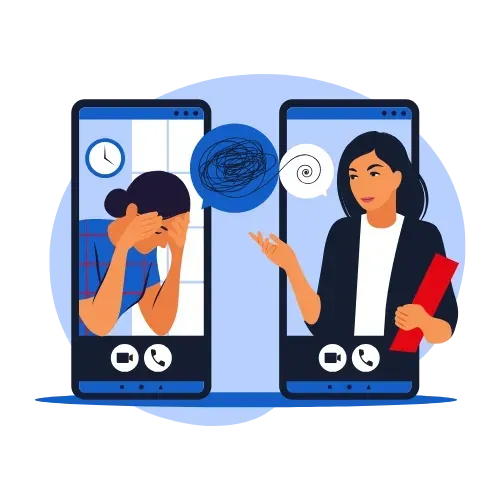
Ongoing stress can take a toll on your mind and body. Therapy teaches practical ways to handle stress and feel more in control.
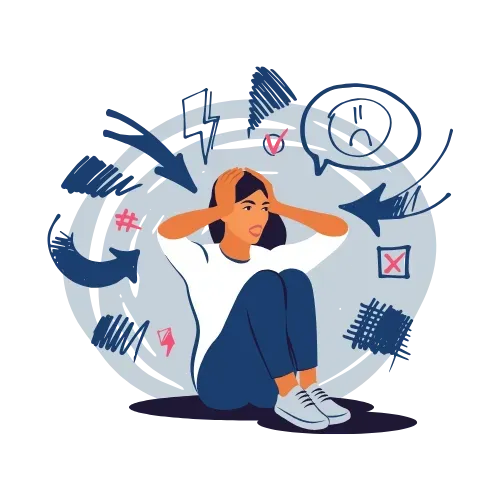
Past trauma can cast a long shadow over the present. Therapy provides a space to process what happened and begin to heal.

Struggling with self-confidence can affect many parts of life. Therapy helps you build a stronger sense of self and feel better about who you are.
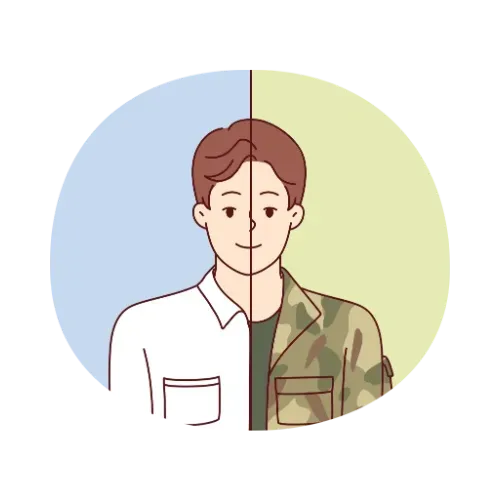
Big changes like moving, starting a new job, or retiring can be tough to handle. Therapy helps you adjust and approach these changes with confidence.
FAQs
Find answers to commonly asked questions about and our services.
What makes Clear Moon Therapy different?
I provide therapy that's culturally aware and focused on helping busy professionals. My approach is about incorporating practical strategies to help you balance work and personal life while tackling challenges like self-doubt, imposter syndrome, and navigating complex cultural issues.
What services do you offer?
I focus on individual therapy to help with anxiety, depression, stress, trauma, and relationship challenges. Services also focus on building self-esteem, managing life transitions, and supporting racial identity. Ultimately, my goal is to share practical tools for emotional healing and personal growth, fostering resilience and confidence.
How much do you charge and do you accept insurance?
Psychotherapy Sessions are $160.00 per 50 minute session, including HST.
Affordable Therapy is also available at a reduced rate of $80.00 per 50 minute session.
Registered Social Workers or Counsellors are covered by most extended health benefits. While I do not directly bill to insurance providers, I am able to provide you with an invoice for you to submit to your provider.
How do I book an appointment?
You can book a free 15-minute consultation or schedule a session directly through my booking link.
Why Choose
Clear Moon Therapy?

Convenient Virtual & In-Person Therapy Sessions
Access therapy from the comfort of your home, or in-person in a private space where you can share your thoughts, feelings and emotions.
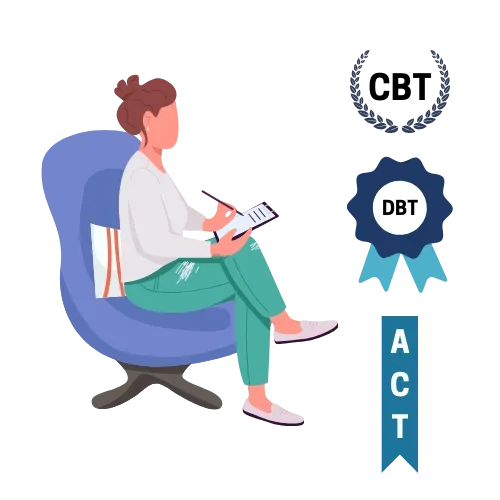
Putting Proven Methods Into Action
An experienced therapist specializing in Cognitive Behavioural Therapy (CBT), Dialectical Behaviour Therapy (DBT), and Acceptance and Commitment Therapy (ACT).

Personalized Support Tailored to You
Every session is customized to meet your unique needs, goals, and circumstances, ensuring you receive the care you deserve.
How it Works
Its as easy as 1 - 2 - 3!
STEP ONE
The free 15-minute consultation lets you ask about therapy and see if we could be a good fit! I will also learn about your personal situation and explain how our sessions can support you in your journey.
Start Your Journey Today
With Clear Moon Therapy, you’ll be supported by "The therapist who gets it."
Take the first step toward a brighter future. Contact me to schedule a free 15-minute consultation.
© 2024. Clear Moon Therapy. All rights reserved.




